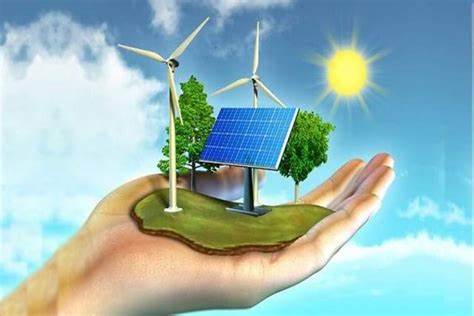The Malaysian government is continuing its commitment to sustainability by extending the Green Electricity Tariff (GET) program for another year. With a quota offer of 6600 GWh (gigawatt-hours) at premium rates, this initiative aims to encourage users to switch to renewable energy sources, thus reducing their carbon footprint.
Launched in 2021, the GET program has already made significant strides in promoting renewable energy adoption. According to the Malaysia Ministry of Energy Transition and Water Transportation (PETRA), the program has supplied over 6,762 GWh of green electricity to more than 2,600 users across various sectors.
Responding to the positive reception and international recognition of the program, PETRA, in collaboration with the Energy Commission, has reviewed its operations and subscription principles to enhance user confidence. In line with the growing demand for Environmental, Social, and Governance (ESG) commitments, consumers subscribing to the GET programme will not incur an imbalance cost pass-through (ICPT) charge for actual energy usage this year.
The revised tariff structure sets the premium rates at 10sen/kWh for residential and low voltage non-residential users, and 20sen/kWh for medium and high voltage non-residential consumers. This marks a significant reduction from last year’s rate of 21.8 sen/kWh, making green electricity more accessible to a wider range of users. Subscriptions for the GET program open on May 3, 2024, through the myTNB portal, with the option to backdate subscriptions to January 1, 2024, available until May 31, 2024.
The revenue generated from the program will be reinvested to bolster the country’s renewable energy capacity, including initiatives like the Solar for Rakyat Incentive Scheme (SolaRIS).PETRA remains optimistic about the program’s prospects, particularly among corporate entities, emphasizing its alignment with sustainability principles in energy generation and supply.
By offering a transparent and sustainable approach to green electricity, Malaysia aims to accelerate its energy transition efforts and build a greener future for all.

